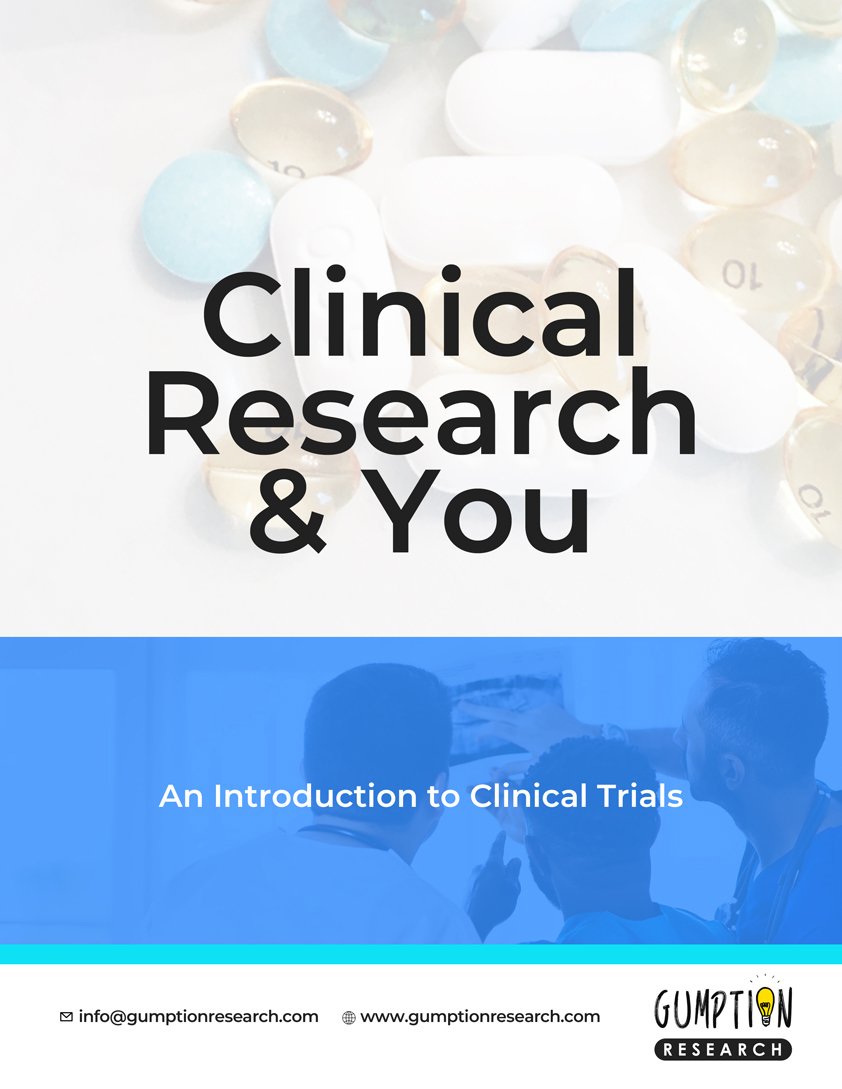Frequently Asked Questions
Frequently Asked Questions
Why Clinical Research?
- Clinical trials are important for discovering new treatments for diseases, as well as new ways to detect, diagnose, and reduce the chance of developing the disease. Clinical trials can show researchers what does and doesn’t work in humans that cannot be learned in the laboratory or in animals. Clinical trials also help doctors decide if the side effects of a new treatment are acceptable when weighed against the potential benefits.
What Benefits would I gain as a provider adding Clinical Research?
- Giving your patients access to innovative treatment and additional visits not at their expense. Additional revenue to help with overhead of running practice as well access to innovative technology and treatment.
What are the risks of participating in medical research?
- All of the known risks associated with each study are explained in the study informed consent form. The study doctor or coordinator will discuss them with you. If you do volunteer, the researchers will tell you about any new risks discovered during the study.
Possible risks include:
a. Being asked questions that could make you uncomfortable
b. Discomfort or side effects* from the research procedures or drugs
c. *Not all of the risks or side effects may be known when you start a study, but any new findings will be reported to participants.
What is Informed Consent?
- Informed consent is the process of learning the key facts about a research study before you decide whether or not to participate. To help you decide, the study doctors and coordinators explain the details of the study to you. Then they give you an informed consent document that describes things about the study, such as its purpose, risks, benefits, required procedures and contacts. You will get a copy of the informed consent document, and you may take as much time as you need to decide. You may want to talk over the study with your family, friends or doctor before you make a decision.
Who regulates medical research?
- Overseeing organizations such as the Federal Drug Administration and the Department of Health & Human Services are always regulating medical research activities, but each research site also has its very own regulatory institutional review board (IRB). The IRB is a group of medical professionals, ethicists, and people from the community who protect the rights and welfare of research participants. The IRB reviews each study to make sure that the risks involved are as small as possible and that each volunteer is informed of those risks prior to their participation.
Besides the FDA, who else oversees clinical research trials?
- An independent safety committee called an Institutional Review Board (IRB) oversees medical research. The IRB is made up of scientists, physicians, and nurses unassociated with the actual research. Once approved, clinical trials are followed closely and progress is reviewed systematically.

